Not sure which account to set up when it comes to Cash App business account vs. personal account? Well, we’ve got you covered with this "Cash App Business Account vs Personal Account" post.
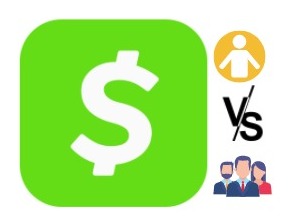
With the advancement in technology and the increase in safe reliable internet connections worldwide, there is no denying that the way we transact or interact with money has drastically changed. This is one of the biggest change to come from these technological advancements in the development of hassle-free payment systems.
One payment system that is quickly catching up to the likes of PayPal and Venmo is Square's Cash App. With their customer-tailored services that make sending and receiving money easy, fast and convenient, many people and businesses are quickly signing up for their services.
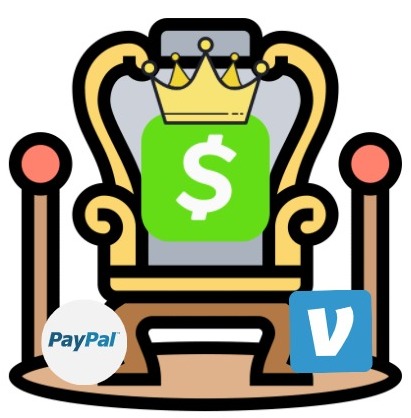
If you are reading this post, especially if you run a business, chances are you thinking about signing up for Cash App's services. You are probably not sure whether to go for a personal or a business account.
Well - to help you settle on an ideal decision for you we’ll highlight the difference between Cash App’s business account and personal account.
[lwptoc numeration="none" title="Cash App Business Account Vs. Personal Account" hideItems="1" smoothScroll="1"]
Cash App Personal Account
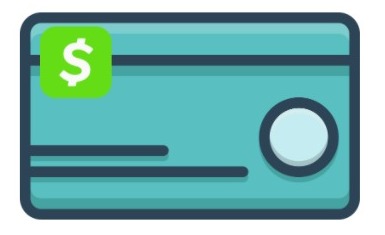
If you sign up for a Cash App account it will by default be a personal account. So what can you do with it? Well, with your personal Cash App account you’ll be able to send or receive money to or from friends, family members, or even loved ones.
Worth noting is that you can easily change your account status by going to the app settings, personal menu, and change account type to business. Furthermore, there is a limit on how much you can send or receive if you’ve just signed up. Follow this link for more on Cash App personal account limitations.
Cash App Business Account
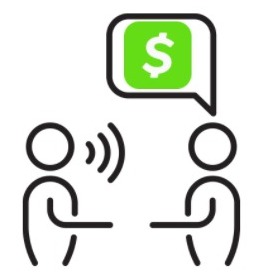
An ideal service for just about any business big or small, especially online businesses, Cash App business account allows businesses to receive payments conveniently online.
Worth noting is that you can only receive money or payments from other Cash App users locally. Equally important is that it allows businesses to create their own custom payment pages that facilitate fast and easy payment for businesses.
Cash App Business Account Vs Personal account: What's The Difference?
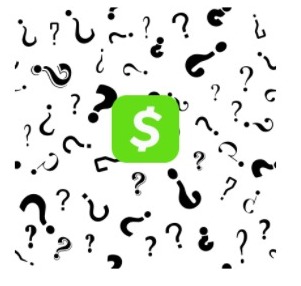
Having a Cash App business account as already mentioned, allows you to receive money from your clients or customers who have Cash App accounts. For this particular service, Cash App does have a 2.75% fee that they charge per every transaction made through your business account.
Personal accounts on the other hand do not pay up any fee when receiving money from their contacts.
A plus for businesses that have Cash App business accounts is the ability to create their very own payment link. Once created, a business can share this link to its customers on various online platforms making it easier for them to receive payment securely.
In fact, they can attach this link to their website and receive money automatically. This payment link makes it possible for businesses to receive money from customers who don’t have Cash App accounts.
Even better, these non-Cash App users can make payments without necessarily creating a Cash App account or downloading the Square Cash payment app. Cash App personal accounts do not offer these benefits.
Businesses with a business account enjoy free standard bank deposits. If you happen to opt for an instant deposit it is worth noting that Cash App does have in place a deposit fee of 1.5%. This also applies to users with personal accounts.
In other words, personal accounts also have an instant deposit fee of 1.5%.
From Old Barber Shop,
There you have it, a comparison between Cash App business account and personal account. We hope this will help you settle on an ideal Cash App account that meets all your needs.
For articles related to "Cash App Business Account Vs. Personal Account," check out:









